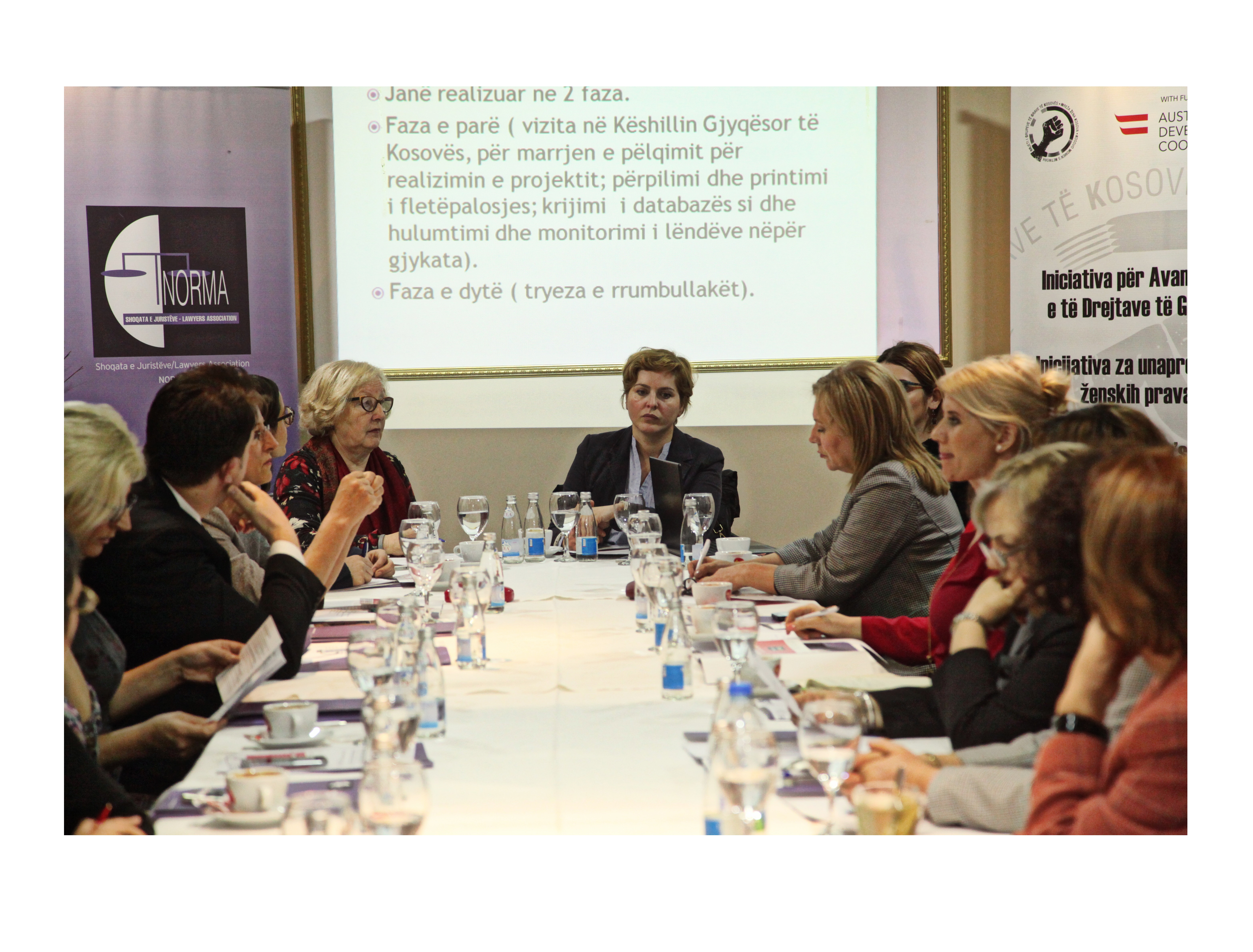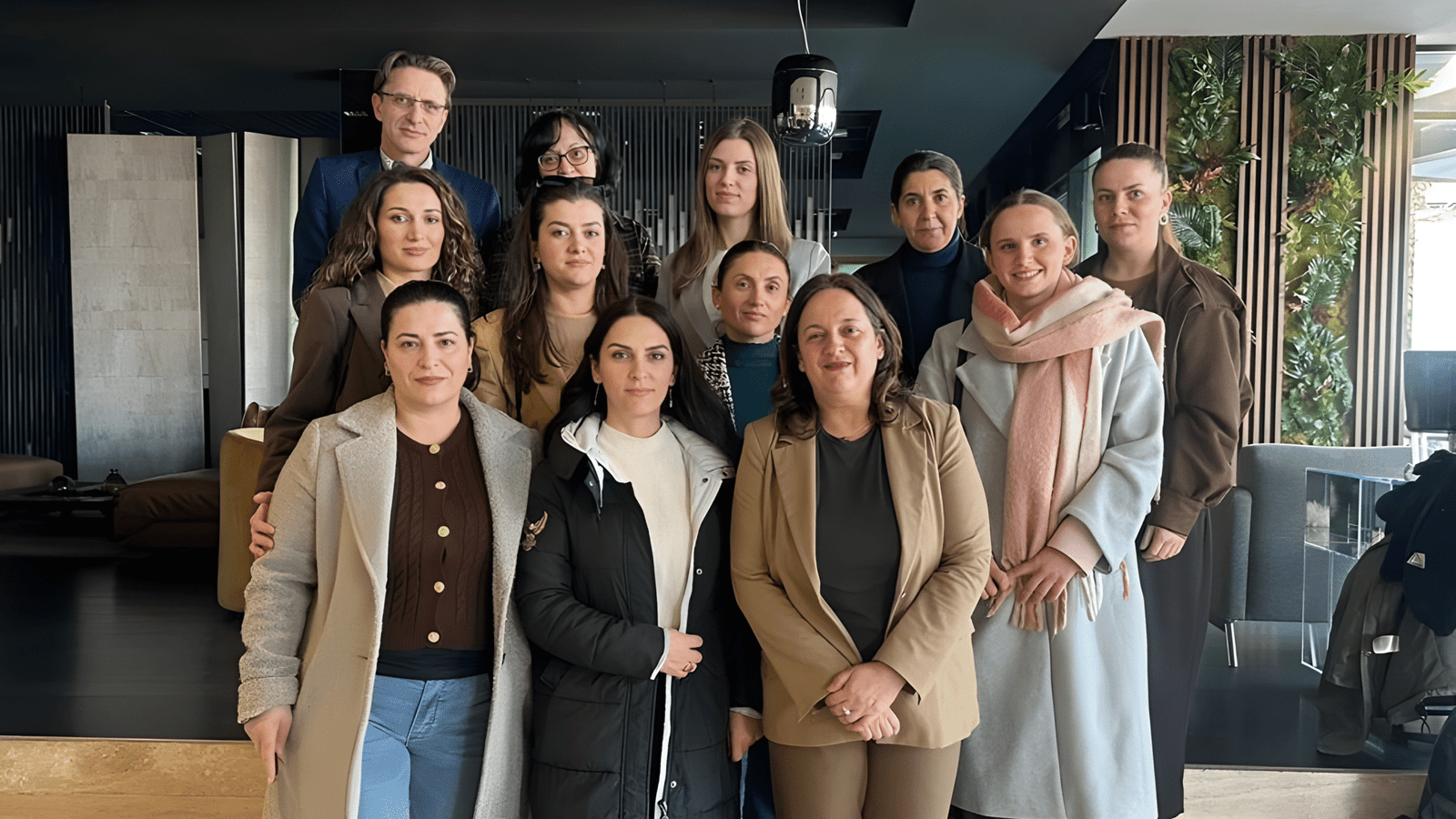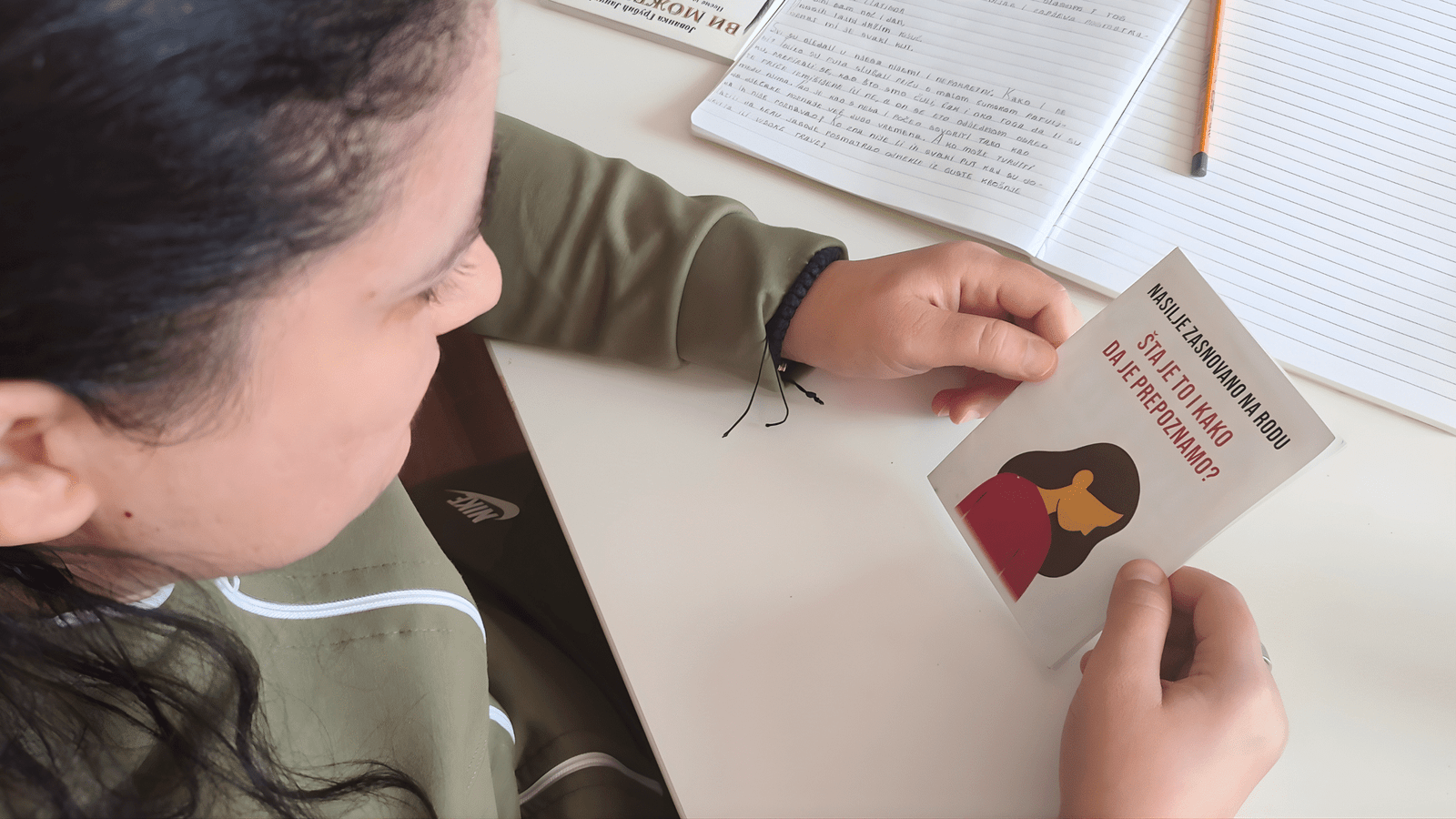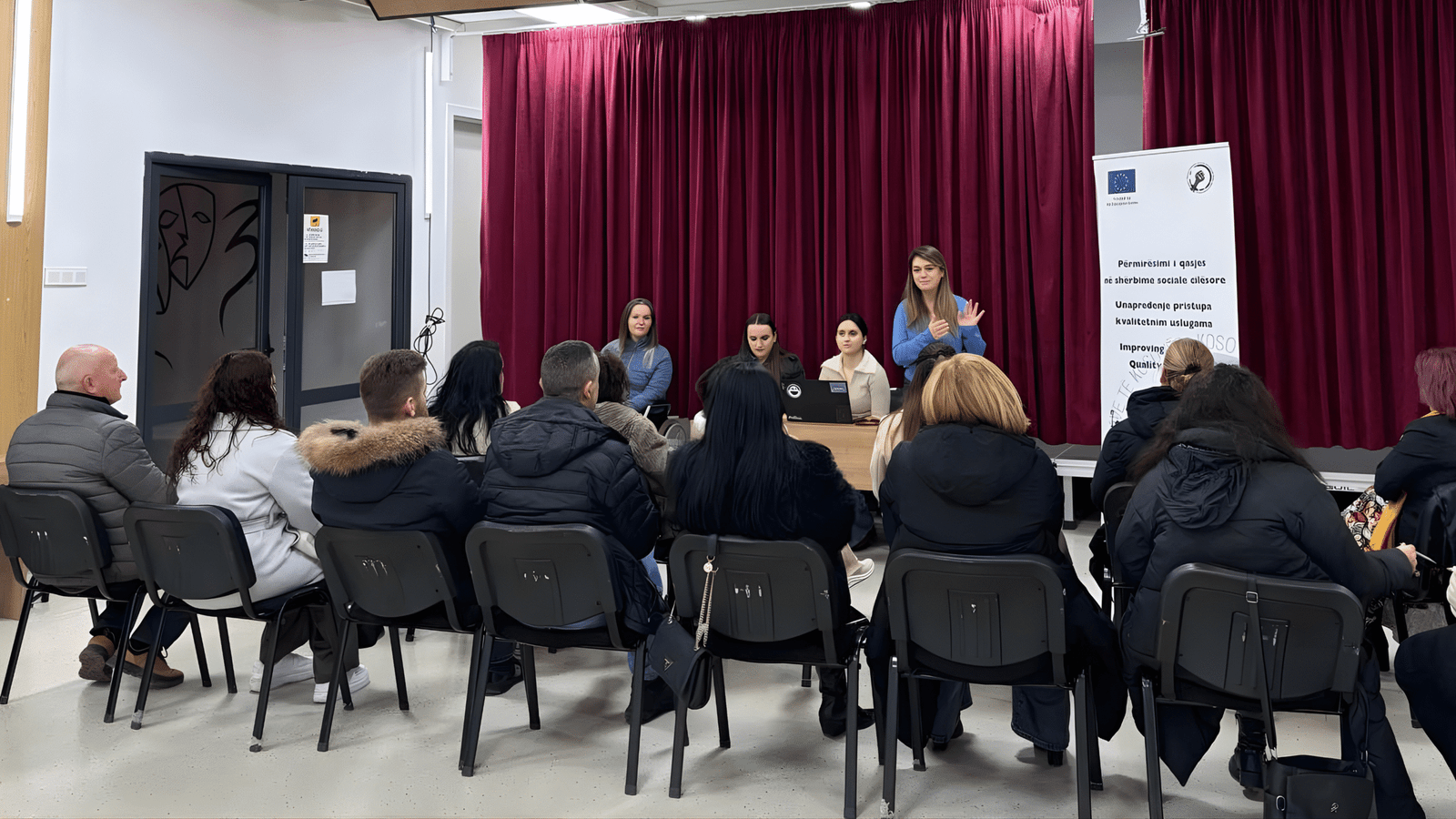On the 24 Feb., Lawyers Association Norma in cooperation with Center for Women’s Empowerment, within the framework of their joint initiative "The realization of the right to financial maintenance and food (Alimony), organized a roundtable in which representatives of NGOs as well as judges from courts in Kosovo and a representative of Kosovo Women’s Network took part.
The main aim of this project is improving the position of children and single mothers by the way of realizing the right to alimony as well as improving the functionality and efficiency of public institutions in the area of enforcement of judicial decisions.
Association Norma together with Center for Women’s Empowerment have conducted research on how the right to alimony and food is being enforced. This research has been carried out in several municipalities in Kosovo and the report will be published soon. They also stressed that as part of the research they distributed questionnaires among businesses owners and that a majority of them did not even know what alimony entails.
One of the women present at this meeting shared her case in which she went to court to file for alimony and the judge was very unprofessional by making statements such as "The case will be solved in my style" whereas the Law on the Constitutional Court of the Republic of Kosovo does not allow an issue to be solved by any style or desire, but by applying the legal provisions.
Participants stated that there are different factors that indicated low number of cases to seek alimony including: many women aren’t informed that they have the right to alimony, some of them are scared to ask for it, the time it takes for these cases to be handled by judges and the economic situation that Kosovo is in right now.
At the end of the meeting participants gave their recommendations. According to them, it is important to increasing the number of judges, trainings for judges on this matter and dealing with these kinds of cases that are urgent faster, not in two years as it happens very often because this affects the children’s living conditions, food intake and education.







